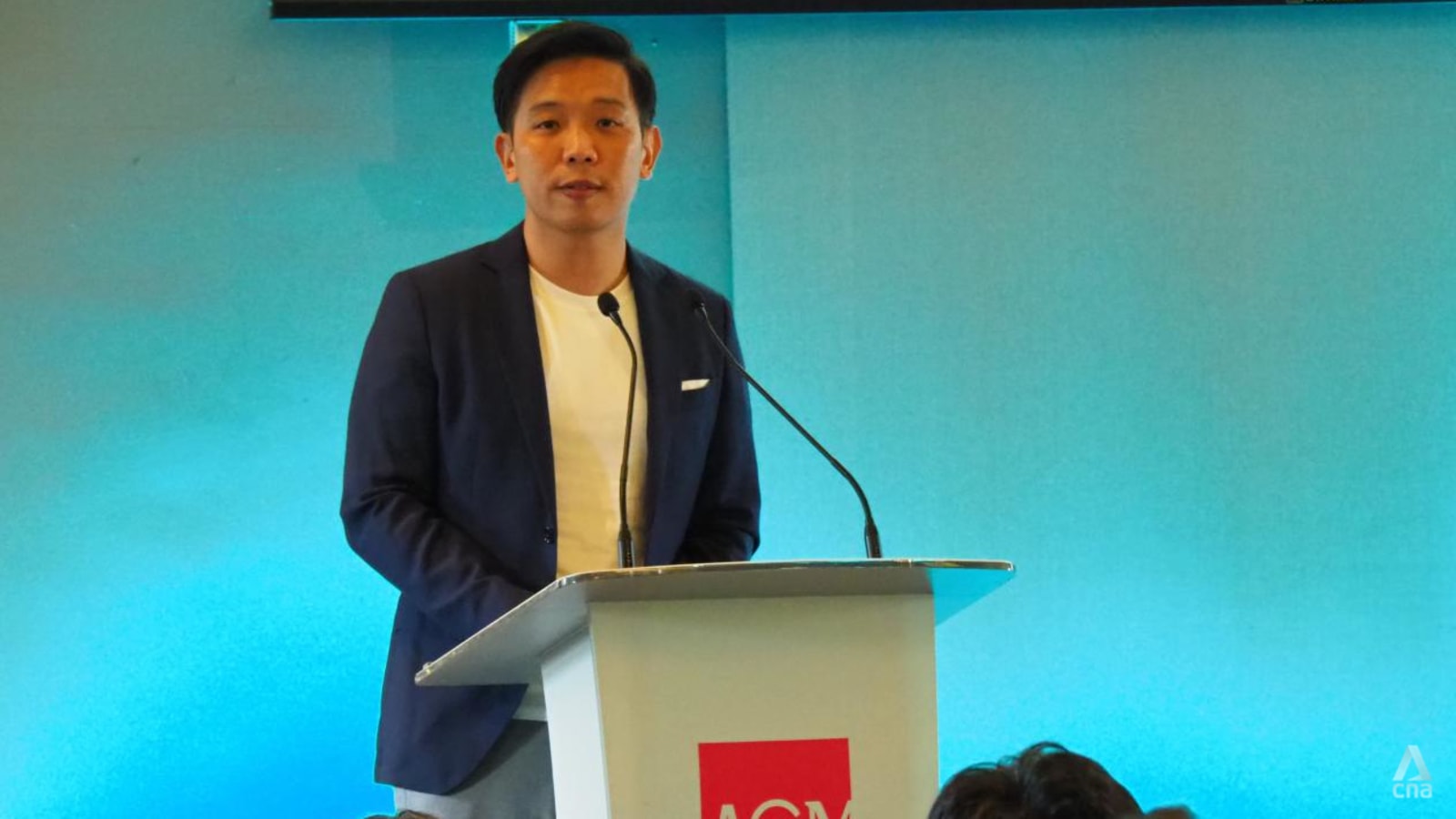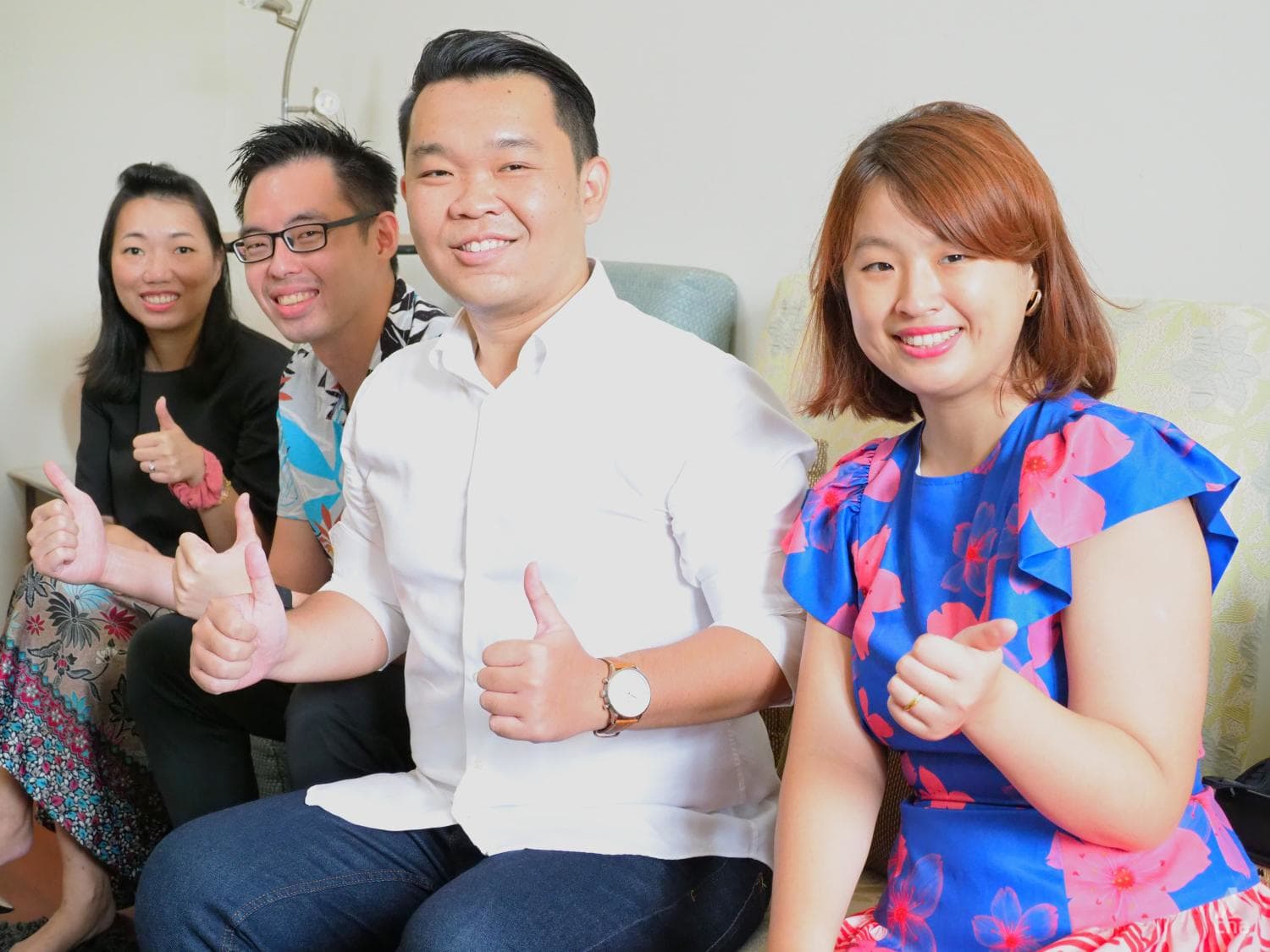
SINGAPORE: A national network for social service agencies and organisations that will introduce and expand mental health and well-being programmes to the community was launched on Saturday (Jul 16).
The SG Mental Well-Being Network aims to bring partners and citizens together to strengthen mental health and well-being outcomes for Singapore, said the Ministry of Culture, Community and Youth (MCCY).
Launching the initiative at the Asian Civilisations Museum (ACM) on Saturday morning, Minister of State for Culture, Community and Youth Alvin Tan said that the network will focus on two areas: Strengthening community and peer support, as well as raising awareness and engagement.
“We are building the SG Mental Well-Being Network to raise awareness of and destigmatise mental well-being issues, equip citizens with the skills to look after themselves and others, and provide a safe space to do so,” said Mr Tan.
The network is an expansion of the Youth Mental Well-Being Network, which involved more than 1,500 people in the development of 22 ground-up initiatives.
The expanded network will seek to address mental health issues across the wider population. While the focus is on the community, there are plans to further widen it to include the workplace and family support, said Mr Tan.
It will be the partnership arm of the Interagency Taskforce on Mental Health and Well-Being, bringing together partners in the mental health and well-being space to spearhead initiatives that are aligned with the strategies under the task force, said MCCY.
About 100 existing and interested partners of the SG Mental Well-being Network attended the launch. Mr Tan also helmed a dialogue during the partners’ engagement session.

Mr Tan said that one of the key initiatives will be the formation of well-being circles in the community.
Well-being circles are groups of leaders and volunteers who are equipped to support citizens and run mental well-being initiatives, said MCCY.
Network partners told reporters that there will be varied programmes targeting different people and different needs, but with similar goals of equipping the community with well-being skills and raising awareness so that more people can improve their mental health. They can also help others around them when needed.
Each circle will have a different focus and mix of programmes to cater to the needs of the local community.
Four partners at the launch said that they already run or are expanding their programmes for various groups in the community.

The Happiness Initiative is recruiting 400 participants for community well-being circles that will focus on passing on well-being skills through reflection and social support, said co-founder Sherman Ho.
Campus PSY, a peer support ecosystem for youth, will be piloting well-being circles for secondary school students, starting in the north-east region, said founder and executive director Cho Ming Xiu.
Mama on Palette, which has a network of about 1,000 mothers, will focus on mental health support for mothers through art, said founder Alice Yu.
“We believe that most of the time, mums are the supporting pillar of the family and therefore her mental well-being is quite important,” said Ms Yu.
TOUCH Community Services, a non-profit charity, will be expanding its Mental Health-Friendly Neighbourhoods project, which includes befriender and first responder courses, exhibitions to destigmatise mental health conditions and other initiatives.
The programmes and initiatives for each district will be customised according to the locality and will not duplicate existing programmes, said Ms Andrea Chan, assistant director for TOUCH Mental Wellness.
SKILLS FOR “UPSTREAM” INTERVENTION
The partners said that each of the programmes is different, but being in the network will allow them to “amplify” and share information and resources. They can also leverage on each other’s strengths and expertise.
Mr Ho and Mr Cho both said that they focus on teaching people skills “upstream”, to build resilience and support networks before they develop mental health issues.
Mr Ho said some examples of skills to improve well-being include ways to prevent burnout, how to improve relationships by showing compassion to oneself and to others, and cultivating gratitude and kindness.
Ms Chan said that the COVID-19 pandemic has made it clear that many people suffer from mental health issues at some point, leading to greater understanding and empathy. But the next step would be to help people learn the skills to prevent or deal with such issues, she added.
This is also why they are working with partners in the community and recruiting volunteers to facilitate and help with the well-being circles.
“We believe that non-experts can also teach well-being skills so that’s why we are recruiting people from the community to lead these programmes,” said Mr Ho.
Mr Tan said that each pilot programme will be reviewed before they are scaled up.
“We may not get everything right off the bat, but we will learn, we will try, we will iterate and we will get better over time with all of your support,” he said.
“In the longer term, we hope to encourage a larger movement on mental health … where everyone has the knowledge and the basic skills on mental well-being and to grow a pool of passionate citizens who can take action in this area.”
Citizens and partners starting ground-up initiatives will also be able to apply for available grants such as the National Youth Fund and the Health Promotion Board’s Our Healthy Singapore Fund, said MCCY.

